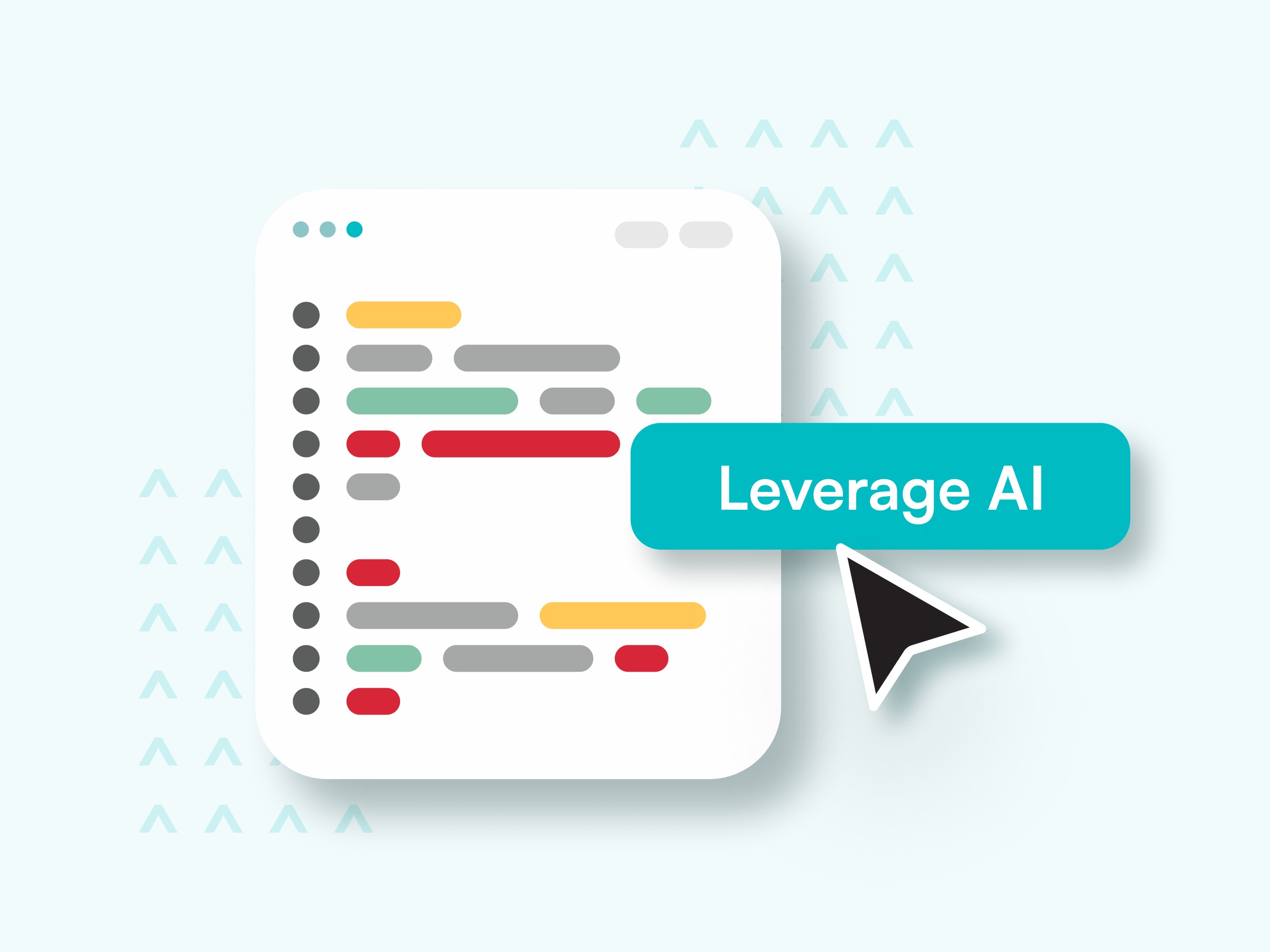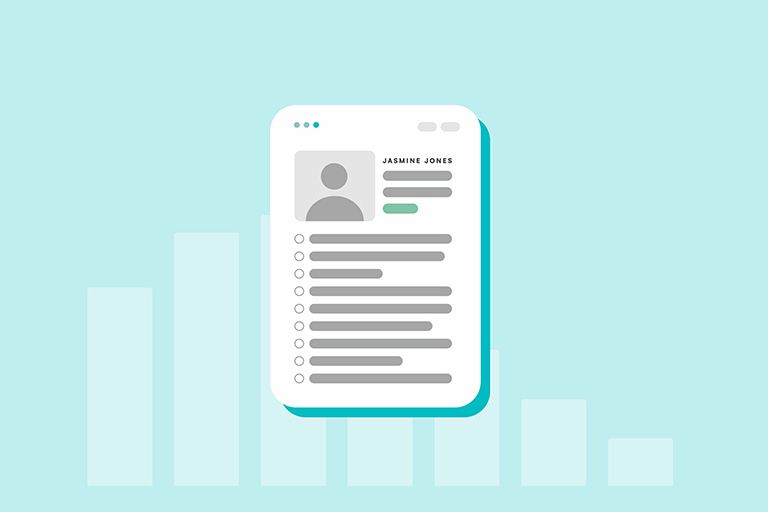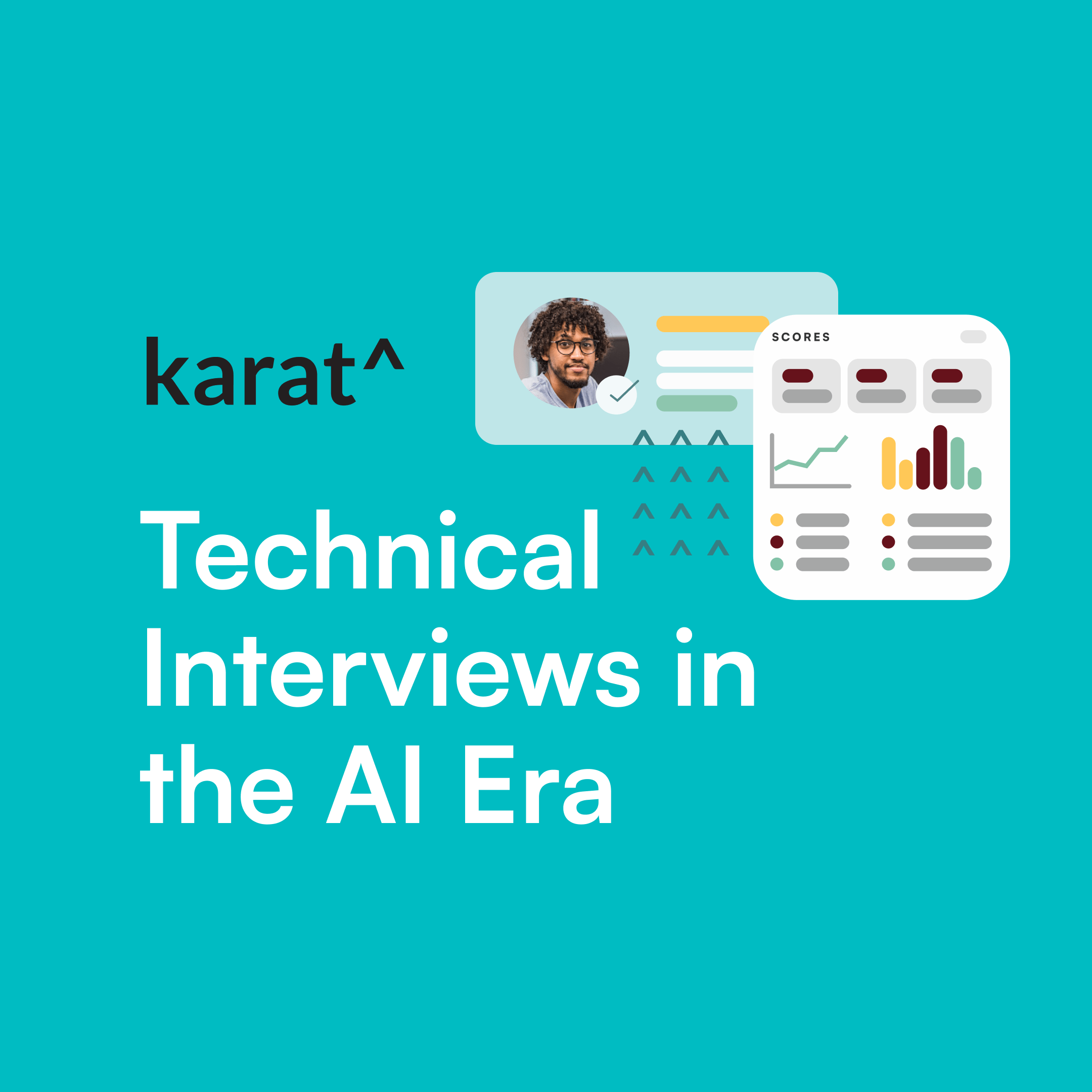Interview Insights
12.01.2021
How Social Identity Threat Impacts Interviewing

The Karat Team


Last week, Karat sat down with Howard University’s Dr. Katherine Picho-Kiroga to talk about life-changing interviews and the impact that social identity threat has on interviewing candidates from underrepresented backgrounds. A quantitative research methodologist by training, with a doctorate in Social and Educational Psychology, Dr. Picho-Kiroga has been an integral partner for Karat’s Interview Access Gap research and Brilliant Black Minds program.
Over the course of her career, Dr. Picho has experienced a few life-changing interviews. She remembers a time when she was applying for MBA programs and felt her interviewer taking judging glances at her indicating that she was not a viable candidate.
For many candidates, these subtle signals can reduce confidence and stoke anxiety by reinforcing social identity threat.
What is social identity threat?
According to Dr. Picho-Kiroga, social identity threat is a psychological phenomenon experienced in different contexts that signal subtly that a person, by virtue of belonging to a stigmatized group, is socially devalued. In evaluative contexts, such as during interviews or professional exams, this is called a stereotype threat. Individuals can experience concern and anxiety over confirming, as self-characteristic, a negative stereotype about one’s group.
Reducing social identity threat at the interview
While all of us have our own unconscious biases, it’s especially important for hiring managers and interviewers to recognize them and move past them in hiring decisions. In Dr. Picho-Kiroga’s interview, the interviewer had her own ideas of what a candidate like Dr. Picho would likely perform based on her own biases. However, as the interview went on, her demeanor changed.
Dr. Picho-Kiroga did end up receiving an offer to join the MBA program. “I was given a chance to demonstrate my skills and they were willing to give me a chance and see me as an individual, not as a member of a group for which negative stereotypes tend to apply.”
Although there is a positive ending, she remembers the interview as less than pleasant and an example of what not to do during an interview because for many candidates, having their qualifications doubted based on their appearance can be challenging to overcome.
According to The Interview Access Gap report for Black Engineers, this feeling is common amongst underrepresented candidates and especially Black women. One candidate from our study expressed that “I am so nervous that interviewers won’t like me or that I will say something that makes it seem that I am unable to do the job or any job in the field for that matter. Also, because I am a dark skin plus-sized woman, I worry about not looking the part for someone in a business setting.”
Treating the isue at the root
As one of the authors of the Interview Access Gap for Black Engineers, Dr. Picho-Kiroga examined how exposure to CS education, access to networks in the tech industry, and interview practice opportunities impacted Black engineers’ confidence levels and abilities to successfully secure jobs in tech.
It’s critical that the tech industry understand where these gaps exist and learn how to bridge them to create a more equitable world. Specifically, one of the elements of Brilliant Black Minds that Dr. Picho-Kiroga is most encouraged by is the holistic nature of the program.
“Representation during interview loops matter, and offering technical practice interviews matter but even more important,” stressed Dr. Picho-Kiroga, “ is understanding the experience of members of under-represented groups and harnessing this knowledge to develop practical and effective solutions that these groups can leverage at every gate encountered in the upward mobility of their careers. It’s the idea of a hand-up vs. a hand-out.”
Related Content

Interview Insights
02.18.2026
Same-day technical interviews are transforming how software teams compete for top engineering talent. By enabling candidates to schedule and complete interviews within hours of receiving an invite, companies dramatically improve time-to-hire, offer acceptance rates, and candidate experience. Learn how Karat's global network of trained Interview Engineers delivers scalable, 24/7 interview coverage—and why this operational edge is critical in the race for AI and software engineering talent.

Interview Insights
02.05.2026
Executive summary Five years ago, Karat published a resource on how to create structured scoring rubrics for technical interviews. That article remains one of our most-viewed and most-searched web pages. There are several reasons CIOs and CTOs keep coming back to this content. Rubrics put candidates on a level playing field, allowing leaders to review […]

AI Hiring
01.21.2026
AI is changing technical hiring by accelerating every stage of the funnel and making it harder to identify genuine software engineering skills from AI-assisted output. Candidates can now easily produce polished resumes and correct interview answers, even if they lack the necessary skills or knowledge. This degrades hiring signals and is forcing companies to rethink […]